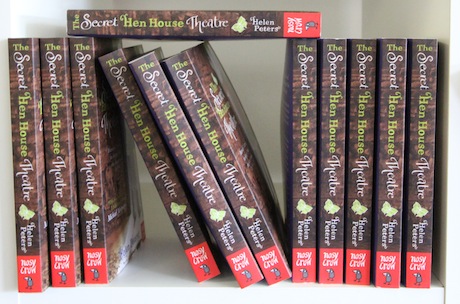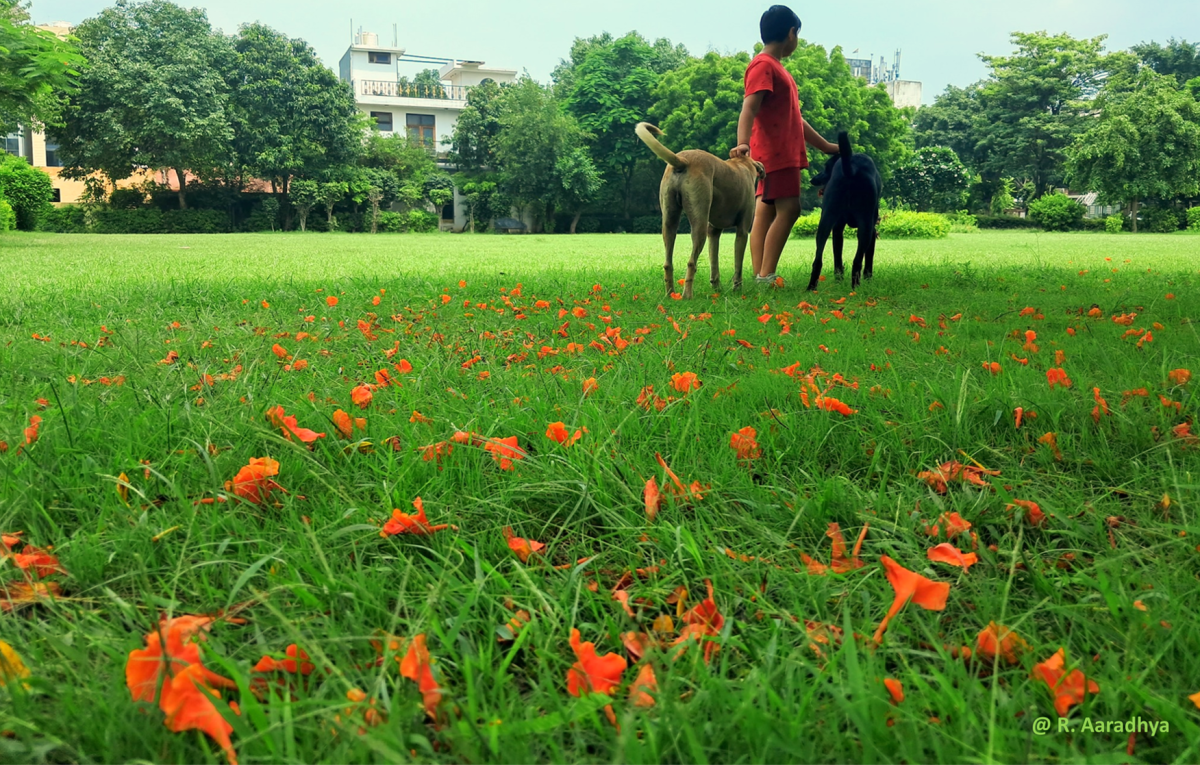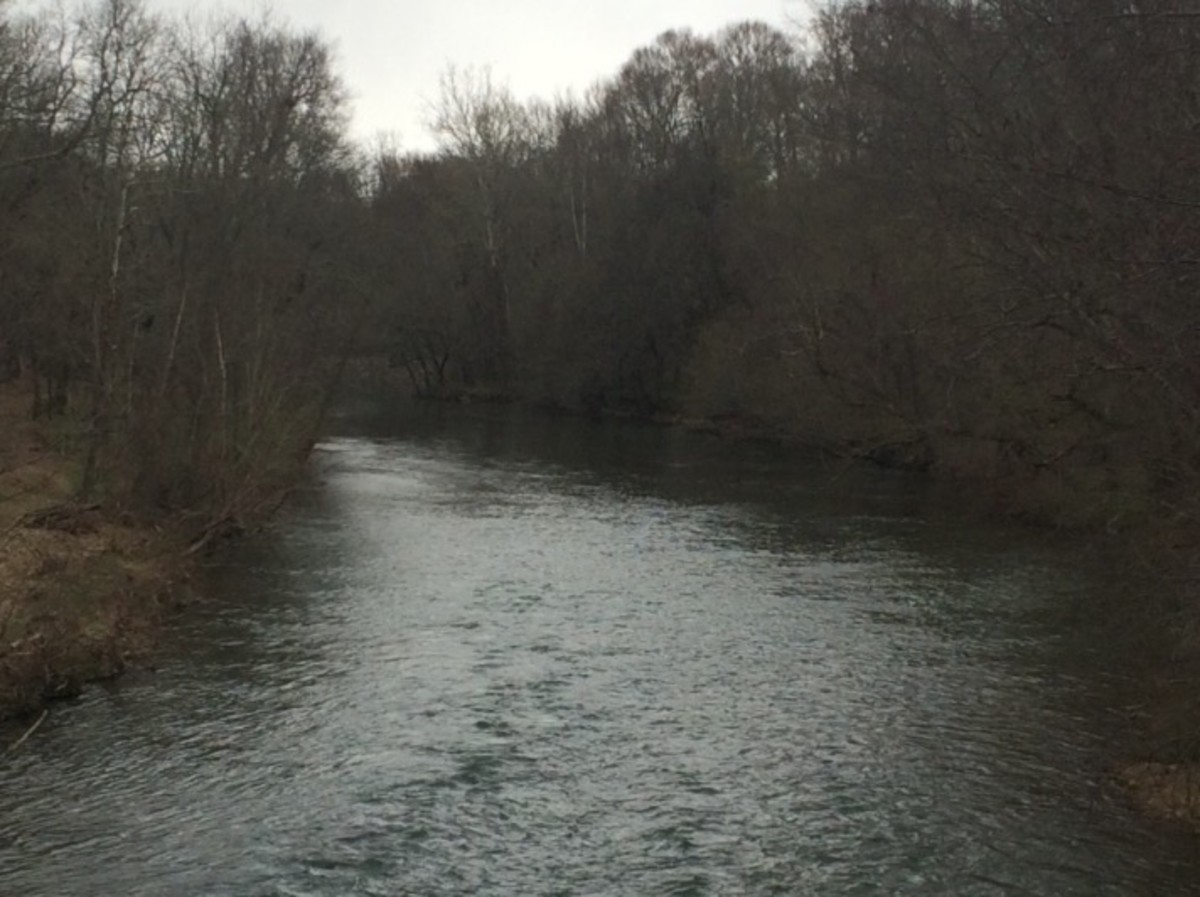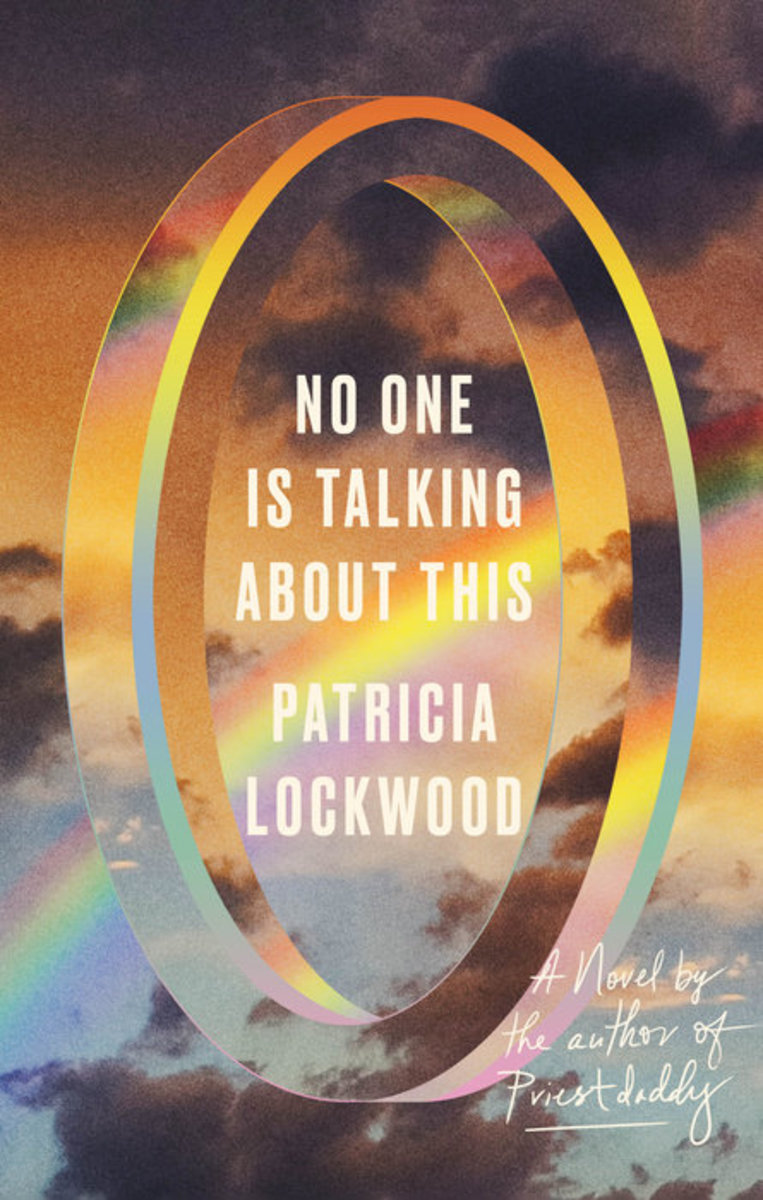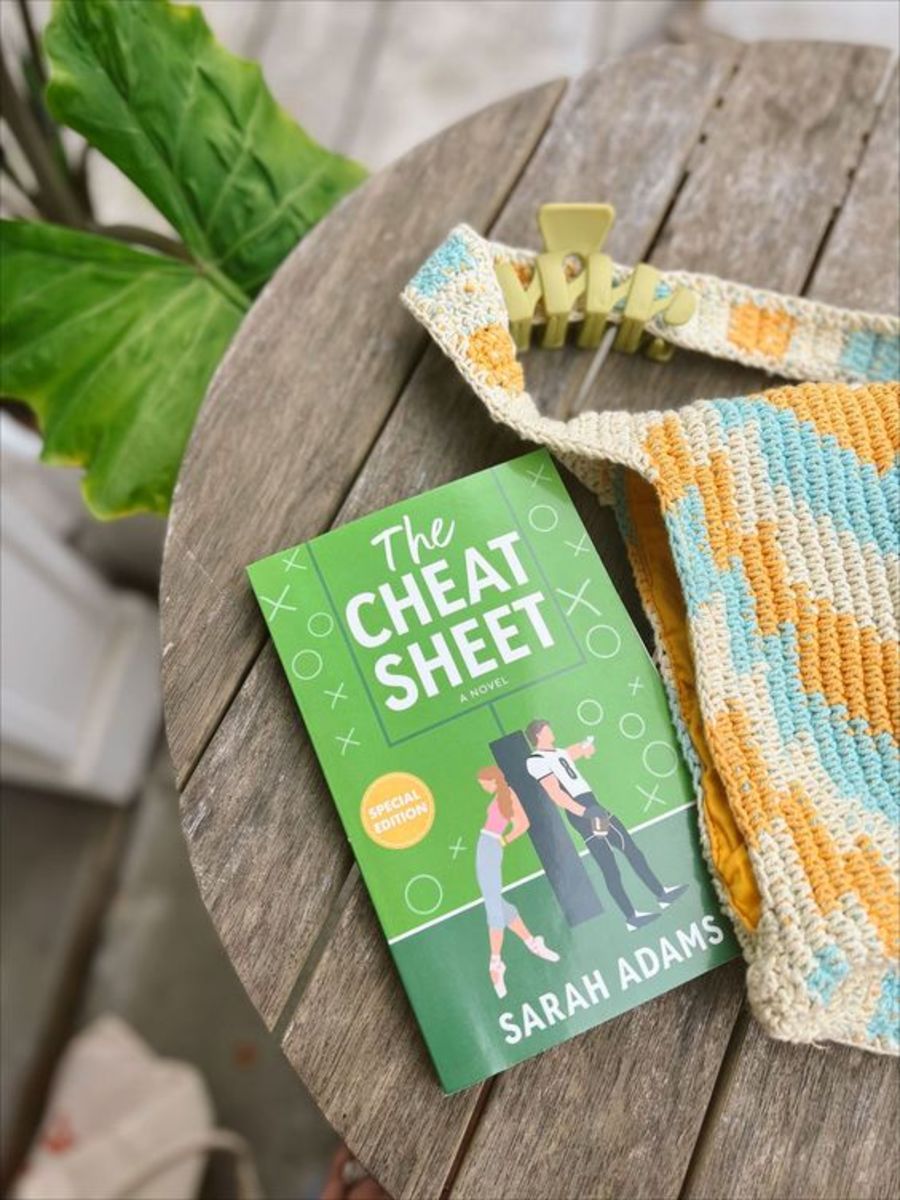Review: The Secret Hen House Theatre

I am going to take a rather subjective look at The Secret Hen House Theatre in this review of Helen Peters’ debut novel. The book has been reviewed by far more skilled reviewers than I am and justly acclaimed as a great read.
Suffice to say that I was drawn into the story of Hannah and her family by the quality of Peters’ storytelling skills for many reasons and I’ll examine only some of those in more detail.
I’ll come clean about my purpose first to avoid a hidden agenda. I find it remarkable how some of the books I read as a child left such an impact on me that I can still vividly recall the magic of that first reading. A good children’s book will linger and grow in a child’s mind and in a way become part of the adult they grow into. I always have this in mind when I recommend a children’s book. I won’t if it’s filled with tedious morals but am much more likely to make a recommendation if I feel they will enrich a reader’s life with values that I consider worthwhile. In that light I believe that The Secret Hen House Theatre merits a recommendation within the context of the so-called Rural Revolution which has taken root in contemporary Sussex. The briefest description of the Rural Revolution I can provide is that the people of Sussex are telling get-richer-quick developers that ‘Sussex wun’t be druv’, an age-old traditional Sussex way of saying bugger off to ‘furriners’ from faraway places like Surrey, Hampshire and Kent.
Although The Secret Hen House Theatre takes place in Sussex the related issues it addresses are relevant to Britain and Western Europe as a whole, making this novel very relevant to this day and age. I’ll get back to that later, first, back to the Sussex portrayed by Helen Peters, born and raised on a Sussex farm herself (Plashett Park Farm in Ringmer). Fictional Clayhill Farm, home to Hannah, her siblings and their father, is under threat. The words ‘Prime Development Land’ could ring a familiar bell here, perhaps, but I’ll not provide further detail in order to avoid spoilers other than to say that Hannah experiences it as a continuous ominous shadow that hangs over the farm on which her dad tries to make a living.
Entering in discussions on countryside conservation I’ve run into a number of unfortunate assumptions about farmers recently: Farmers oppose building plans to keep the townies out because they don’t want to share the countryside being one of them. Farmers only care about making money and mistreat their land and animals being another.
I am sure farms like that exist, in actual fact Hannah makes a reference to a ‘dairy’ where cows become production units in a milk factory, slaves to profit as it were. Similarly a contrast is made between careless treatment of land and custodial management. Peters does not seek to establish an idyllic picture of the countryside in her novel, nor shy away from Hannah’s awareness of rural reality. One of the first aspects of the countryside that the reader encounters is its dual nature, in the words of the protagonist herself: “Not all fluffy bunnies and chicks and daffodils, but mud and blood and death. Not that the countryside’s always like that, obviously. But it’s a mixture – sometimes it’s beautiful and sometimes it’s ugly.”
I’ve never been on a factory farm but as far as Clayhill Farm is concerned I know that these farms exist. I didn’t grow up on a farm myself but I grew up near a few and for a total of about ten years I’d spend just about every weekend on those farms. Reading the book I felt like I knew Hannah and her sisters Martha, Jo and brother Sam because these were the farm kids I used to play or work with. There was always work to be done but most of that felt like play-time anyway. For instance, in the later years, my townie mates were waxing lyrical about their first scooter while I drove an antique John Deere around on the fields. Rumbling and grumbling like a dinosaur it responded to threats, pleas, soft pats and a good kicking. I loved that machine. Bringing in the hay with rain clouds sailing in from the horizon was probably hard work too, though I primarily recall the epic drama of the moment. Everybody was out on the field that afternoon; from the youngest (four) to the oldest (eighty-one) and the postman got drafted in too when he came to deliver the mail as well as the milk truck driver and a neighbour walking his dog.
In my younger years on the farm we didn’t have a secret theatre though we did have a secret arena and the Great and Mighty Society of Bean in The Secret Hen House Theatre is familiar too, we had a secret club for every hidey-hole on the farm or in the nearby woods. The adults on the farm were hard working folk. The ‘strays’ like myself were welcome and considered part of the family as long as an effort was made to help out on the farm. I recall they personified their land whenever they spoke of it. The land was happy, sad, thirsty or in need of some feeding, trimming or reaping. They knew all their cattle by name just like Hannah’s dad and though hardened to loss they went to extraordinary lengths for the animals. The scene where Hannah finds her dad in a stable with a sick animal is one I know too, farmers spending the night in the stables if it was touch and go. I’ve seen a farmer jump into a canal to wrestle a milk cow out before the animal sank away in the mud and he was pretty much risking his life there because the animal was in a right state of panic. Hannah’s father does something similar, though I’ll not tell you what. It wasn’t just the farm animals either. One of my tasks, which I greatly enjoyed, was walking a field due to be mown with one of the farmer’s nieces, both of us laden with poles that had little red flags attached to them. Our job was to locate as many meadow bird nests as we could and mark them with the flags so that the farmer could mow around them and thus avoid destroying the nests.
During a recent stay on a farm in the Weald, Dernwood Farm near Heathfield, I witnessed again an enraptured and contagious affinity with the land and the animals on it. My host, Amanda Norman, was proud of the pedigree herd of Sussex cattle, Saddleback pigs and Southdown sheep, amongst others. It wasn’t just the farm animals though; the woods were maintained to create bio-diversity and a range of natural habitats. Our camp in the woods was at one point invaded by a pheasant which ran right past us chased by a magnificent fox. At night a few inquisitive badgers prowled around the camp, more or less completely ignoring us, it was their woods after all, we were just guests and even the badgers expected us to behave as such. Deer, owls, bats, woodpeckers, squirrels and a thousand songbirds kept us company too. Amanda was knowledgeable and enthusiastic about the local flora and fauna. She told me that she wanted the woods to be passed on to new generations in good health so that they too would be able to enjoy them. Hannah too speaks of the natural wealth on her Clayhill Farm and it is a fine thing, I believe, that children who may not visit farms often or at all are given a chance to experience what it is like growing up in such an environment and also getting a glimpse of real farm life, mud and dung included.
The strong affinity with the land and the recognition of its actual value, which cannot be expressed in monetary terms, lies at the root of the Rural Revolution. It was worded well by Sussex farmer Robert Worsley who was offered £275 million pounds to sell his farm to property developers Mayfield Market Towns earlier this year. “I believe in leaving a legacy for generations to come,” he explained his refusal to sell. “We are seeing lovely rural Sussex being eroded away by ever increasing sizes of development.”
Hannah’s father has the same mind-set, though he hasn’t been offered astronomical amounts of money, in his case the pin-stripe suits are trying to bully him out of the property. Hannah provides us with some stark contrasts between her world and the urban one and it is here that the book provides us with the tug of war between traditional values and corporate values that marks much of modern society around Europe and the globe today, not just Sussex. Hannah’s perspective as a child means this isn’t done by way of moralistic lectures but simple observations, such as the comparison of her father’s face with that of a pin-stripe suited land agent in which she refers to leather versus plastic. That ‘real’ versus ‘artificial’ theme is also found in the behaviour of Hannah’s nemesis: the spoiled and rather unpleasant classmate Miranda. The latter is also a rival in theatre productions with a clear emphasis placed on the group which is provided with every possible means to succeed and the group which has to build up not just a play, costume and props but an entire theatre from scratch without adult help. Kids will instinctively recognize these social situations and rooting for the underdog means that their empathy for Hannah fully opens them to the message Helen Peters gives when she has Hannah ponder the possible loss and destruction of the farm, the meadows, the fields and hedgerows and the woods. The message is: Some things are worth fighting for and just because you have clever lawyers doesn’t mean you can view locals as country bumpkins and trick or bully them into compliance. Once again: Sussex wun’t be druv.
Hannah’s father does what he can and though he seems intransigent at first he does have the flexibility to plan adaptations which would allow the farm to be economically viable. The farmer isn’t the only one hard at work to save the farm; his four children too, do their utmost to think of ways of saving the farm. It is here that we have a secret-world theme that ranks amongst the best in children’s literature. This book deserves a listing in classics like Bridge to Terabithia, The Egypt Game, and Harriet the Spy.
Some of the best bits of this book - Jasper, the Great and Mighty Society of Bean, Sam’s Farm - are best left alone, they are delightful and should be part of the magic of your reading experience and likely to connect with young and old readers alike. I was truly unable to put this book down. I know that is said too often so I’ll add that I deliberately missed my tram stop in Amsterdam – and a fair few stops after that one – simply because I did not want to stop reading even for the few seconds it would take me to get up from my seat and leave the tram. I did hurry home though, once I had figured out where I was, because I knew that Helen Peter’s second book, The Farm Beneath the Water (shortlisted for the Waterstones Children’s Book Prize) was waiting on my desk and I couldn’t wait to start reading it. To be continued, then. In the meantime: Keep up the good fight.
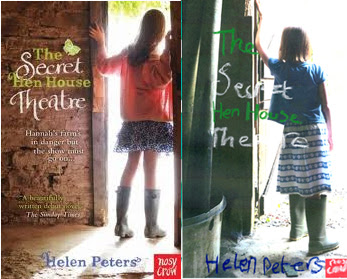
Get your copy here or at your local Indie bookstore
